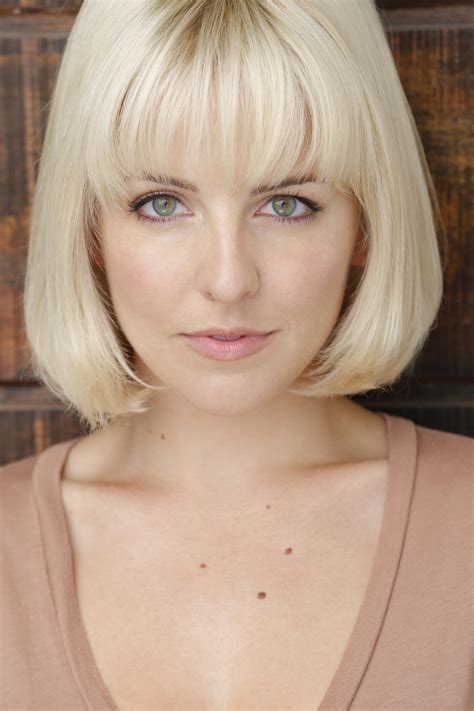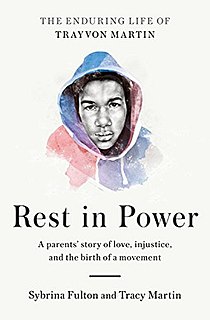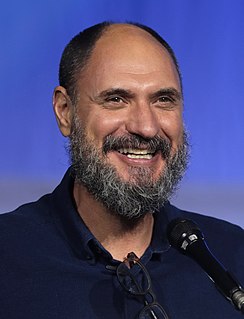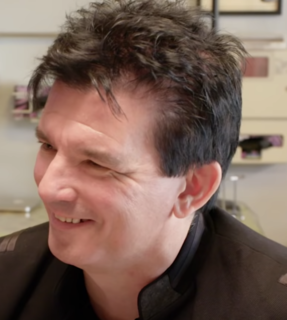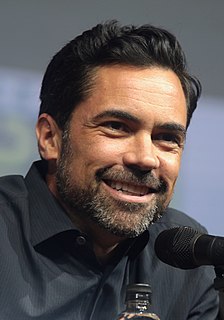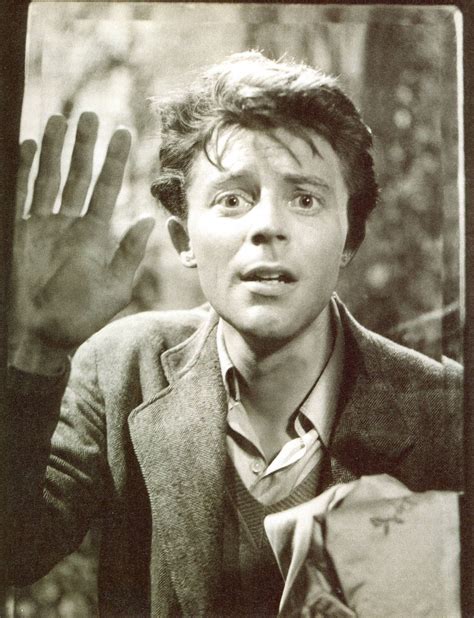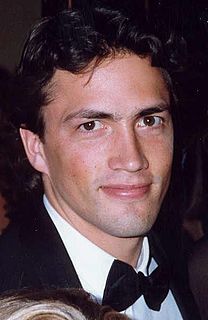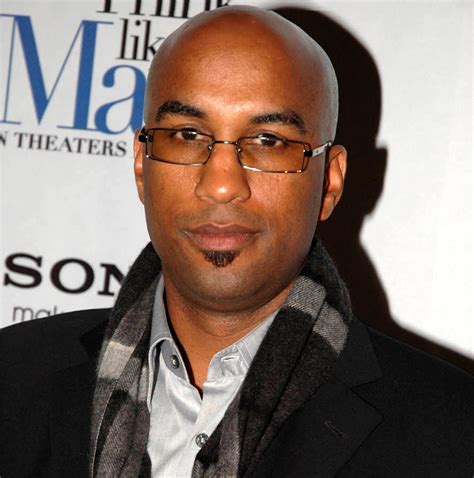1200 лучших цитат и поговорок, рассказывающих вашу историю
Изучите популярные «Расскажи свою историю» .
Последнее обновление: 17 ноября 2024 г.
Если ваша тема — преступление, то вы, по крайней мере, знаете, что у вас будет реальная история. Если ваша тема — взросление мальчика из колледжа, вы можете никогда не наткнуться на историю, пока будете ее рассказывать. Но если ваша история о мальчике из колледжа, умершем в своей комнате в общежитии, вы знаете, что где-то там есть история.
Таким образом, «экспериментальный» писатель просто следует командам рассказа в меру своих человеческих способностей. Писатель — это не история, история — это история. Видеть? Иногда это очень трудно принять, а иногда слишком легко. С одной стороны, есть писатель, который не может смотреть в лицо своей судьбе: рассказывание истории не имеет к нему никакого отношения; с другой стороны, есть тот, кто слишком хорошо смотрит на это: что рассказ истории не имеет к нему никакого отношения.
Я думаю, когда люди начинают рассказывать свои истории, все меняется, потому что вы не только узаконены в рассказывании своей истории и обнаруживаете, буквально, как будто вы имеете значение, что вы существуете в рассказывании своей истории, но когда вы слышите свое история должна быть рассказана, вы внезапно существуете в сообществе и с другими.
Ну, давайте начнем с максимы, что лучший текст должен быть преуменьшен, то есть он не полон росчерков, семафоров, чечетки и словарного запаса, которые мешают истории, которую вы рассказываете. Как только вы это примете, с чем вы остаетесь? Вы остаетесь с историей, которую рассказываете. История, которую вы рассказываете, хороша ровно настолько, насколько хороша содержащаяся в ней информация: вещи, которые вы извлекаете или наблюдаете, которые оживляют повествование; вещи, которые поддерживают вашу точку зрения не только через утверждение, но и через пример; цитаты, которые передают не только информацию, но и личность.
Волшебство происходит, когда вы берете факты и цифры, особенности и преимущества, колоды и презентации в PowerPoint — относительно бездушную информацию — и встраиваете их в рассказ целенаправленной истории. Ваш «рассказ» передает опыт вашей аудитории, делая информацию внутри истории запоминающейся, резонансной и действенной.
Мне кажется, что я танцевала вокруг, рассказывая самую правдивую историю, какую только могла, за многие годы своей жизни. Я был немного отвлечен, пытаясь быть шокирующим, резким, крутым или кем-то еще, и, отпустив это, я рассказал самую правдивую историю, какую только мог, даже если она о инопланетянах и говорящих енотах, и это сработало.
Мне было интересно, как мы можем написать биографию. Когда вы впервые начинаете писать о своей жизни, она кажется такой бесформенной, потому что вы не знаете, как сделать свою историю связной. Как мне вырвать историю из полноты того, что значит быть живым. Недавно мне пришло в голову, что когда ты рассказываешь историю о своей жизни, вместо того, чтобы брать кусок, ты вроде как снимаешь нить со станка.
Идея о том, что история должна быть «исключительной», чтобы ее стоило рассказать, мне любопытна. Что, если мы посмотрим на историю каждого отдельного человека как на место, возможно, имеющее бесконечное значение? Что, если бы мы пришли к выводу, что в мыслях о том, что вашей историей стоит поделиться, нет высокомерия или нарциссизма — только чувство любопытства и предложение?
Экспериментальные романы иногда ужасно умны, и их очень редко читают. Но история, которая нравится ребенку, сидящему у вас на коленях, удовлетворяет наше любопытство к тому, что произошло тогда, потом и потом. Это последнее ограничение, накладываемое на технику рассказа истории. Основная вещь, называемая историей, встроена в человеческое состояние. Это то, что мы есть; это то, на что мы реагируем.
Я думаю, когда люди начинают рассказывать свои истории, все меняется, потому что вы не только узаконены в рассказывании своей истории и обнаруживаете, буквально, как будто вы имеете значение, что вы существуете в рассказывании своей истории, но когда вы слышите свое история должна быть рассказана, вы внезапно существуете в сообществе и с другими.
«Хорошая история» означает то, что стоит рассказать, что мир хочет услышать. Найти это — ваша одинокая задача... Но любви к хорошей истории, потрясающим персонажам и миру, движимому вашей страстью, мужеством и творческими способностями, все еще недостаточно. Ваша цель должна состоять в том, чтобы хорошо рассказать хорошую историю.
История, я люблю повторять и помнить, всегда умнее вас — будут шаблоны темы, образа и идеи, которые намного хитрее и сложнее, чем то, что вы могли бы придумать самостоятельно. Найдите их маркерами по мере их появления в черновиках. Станьте студентом вашей работы в процессе. Ищите, что ваш материал говорит вам о вашем материале. Каждый аспект истории имеет свою историю.
Я думаю, что когда я рассказываю историю, я делаю все, что в моих силах, чтобы рассказать историю настолько полно, насколько я могу, и если в истории случаются различные переломы, то это как раз то, что нужно истории. в противоположность моему поиску различий в одной истории. Они просто действительно существуют. Во всяком случае, для меня.
В каждой истории есть недостатки, каждая история может измениться. Даже после того, как он сдан в печать, между обложками книги, история не застрахована от изменений. Люди могут продолжать рассказывать это по-своему, запоминая это так, как они хотят. И в каждом рассказе может меняться концовка или даже начало. Неизбежно, в одних случаях будет хуже, а в других может быть и лучше. Ведь история принадлежит не только тому, кто ее рассказывает. Оно в равной мере принадлежит и тому, кто слушает.
Ваше тело свободно, но ваше сердце в тюрьме. Чтобы освободить свое сердце, вы просто обращаете вспять процесс, который заблокировал его. Сначала вы начинаете прислушиваться к посланиям своего сердца, которые вы, возможно, игнорировали с детства. Затем вы должны сделать смелый и рискованный шаг, выражая свое сердце внешнему миру. . . . Когда вы научитесь жить наизусть, каждый ваш выбор станет еще одним способом рассказать свою историю. . . . Это то, как вы должны были существовать. Если вы остановитесь, чтобы прислушаться, вы поймете, что ваше сердце говорило вам об этом все время.
В нашей семье нет отказа. Наш папа был главным сторонником этого. [На съемках] мы постоянно говорили друг другу: «Оставайтесь верными истории, мы знаем, что любим друг друга, держите общение открытым». Мы знали, насколько это уникально — вы снимаете фильм, который действительно может быть показан во всем мире, и вы рассказываете личную историю о своей семье.
Это наша история. Вы могли бы подумать, что, сколько бы я ни читал, я бы подумал об этом раньше, но я этого не сделал. Я никогда не задумывался об интерпретативном, рассказывающем аспекте жизни, моей жизни. Я всегда чувствовал, что нахожусь в истории, да, но не так, как будто я был ее автором или что я имел какое-либо право голоса в ее рассказе.
Когда учитель актерского мастерства говорит ученику, что «это была нечестная работа» или «это казалось ненастоящим», что это значит? В жизни мы редко бываем «правдивыми», «честными» или «настоящими». А персонажи в пьесах почти никогда не бывают «правдивыми», «честными» или «настоящими». Что именно учителя подразумевают под этими словами? Более полезный вопрос: какую историю рассказывал актер в своей работе? Актер всегда рассказывает историю. Мы все постоянно рассказываем истории. Сюжет: вот и все.
Я думаю, что у людей должна быть история. Когда вы рассказываете историю, большинство людей не являются хорошими рассказчиками, потому что они думают, что это о них самих. Вы должны сделать свою историю, какую бы историю вы ни рассказывали, их историей. Таким образом, вы должны научиться хорошо рассказывать историю, чтобы они могли идентифицировать себя в вашей истории.
Но я продолжаю рассказывать эту грустную, голодную и грязную, эту хромающую и искалеченную историю, потому что, в конце концов, я хочу, чтобы вы ее услышали, как я выслушаю и вашу, если когда-нибудь представится случай, если я встречу вас или если вы убежите. , в будущем или на небесах или в тюрьме или под землей, в каком-то другом месте. Их объединяет то, что их здесь нет. Говоря вам что-либо, я, по крайней мере, верю в вас, я верю, что вы есть, я верю, что вы существуете. Потому что я рассказываю вам эту историю, я буду вашим существованием. Я говорю, следовательно, вы есть.






